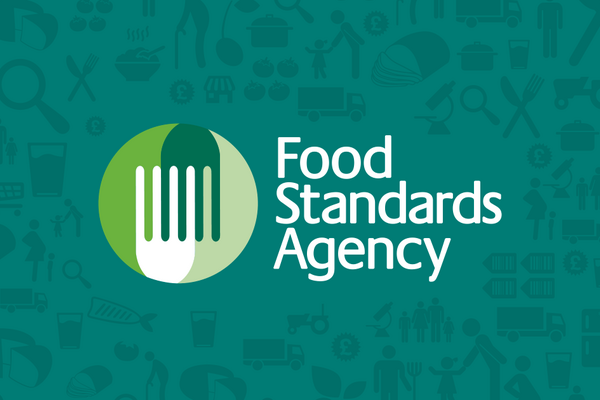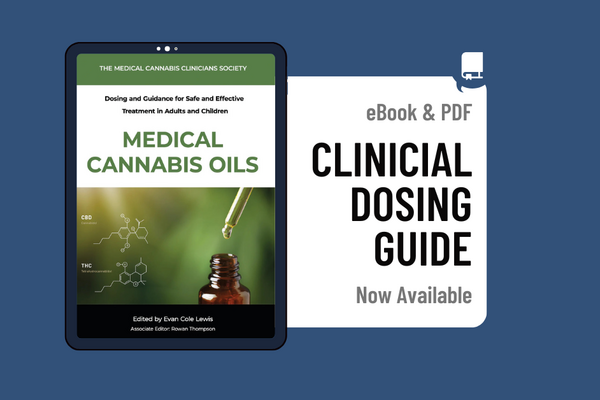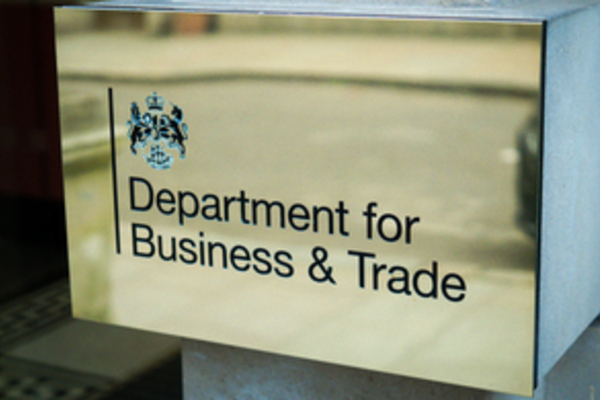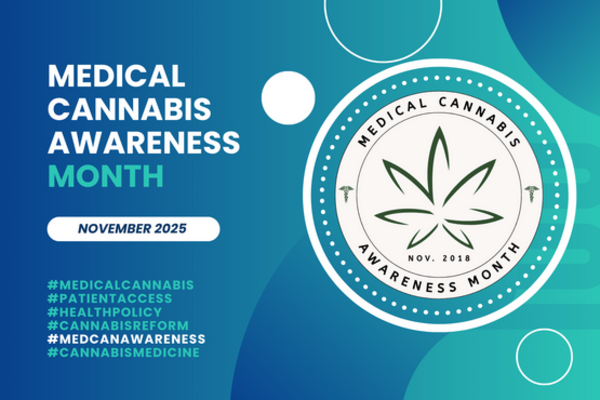On 1 July 2025, thanks in large part to the Cannabis Trades Association’s active engagement over the last two and Marika Graham-Woods’s instrumental work, the Food Standards Agency unveiled a world first in novel-food regulation by introducing a formal upper limit for THC in CBD-infused foods. This landmark decision not only provides producers and retailers with clear safety parameters as a start-point for CBD foods including Full Spectrum product containing THC but also cements the UK’s reputation as a global pioneer in consumer choice and protection.
A First-Ever THC Limit
After an exhaustive review of toxicology studies, European Food Safety Authority (EFSA) assessments and Advisory Council on the Misuse of Drugs (ACMD) advice, the FSA set a starting point safe upper limit of 1 µg per kilogram body weight per day. For an average 70 kg adult this equates to 0.07 mg THC daily, or a maximum of 1 mg total THC per container of any CBD food product. This strikes a balance between preventing psychoactive effects, such as rapid heartbeat or cognitive impairment, and allowing innovative, low-THC formulations to flourish.
Public List Flexibility
The temporary “CBD Public List” (the register that lets products remain on sale while awaiting full novel-food authorisation) has been updated to allow safety-driven reformulation and relabelling without requiring a complete dossier re-submission. Producers may now adjust CBD and THC concentrations to meet the provisional Advisory Daily Intake (ADI) of 10 mg CBD and the new THC cap and reflect these changes on the List each quarter. All that is needed is a short statement confirming that amendments were made to comply with the new consumer safety standards.
Reformulation Guidelines
Under the revised framework, businesses may reformulate higher THC extracts or modify single-serving sizes so that cannabinoid levels fall within the provisional ADI and THC limit. Any reformulation must be documented alongside the original listing, (ie similar product type) ensuring transparency. This approach prevents abrupt product withdrawals, giving manufacturers time to comply and consumers continued access to compliant offerings. Note all products on the CBD Public List are permitted for sale until authorisation.
Relabelling Requirements
Although not yet mandatory, the FSA strongly encourages on-pack labelling to include:
- The provisional ADI of 10 mg CBD per day
- A note to make clear to consumers if the product is a synthetic or plant based CBD
- A clear indication of whether the product is a full-spectrum extract or a CBD isolate
- A warning that it is not intended for under-18s, pregnant or breastfeeding women, or those trying to conceive etc.
- Basic storage advice, such as “store in a cool, dry place away from direct sunlight”
Non-Mandatory Best-Practice Approach
Products exceeding the provisional ADI or containing up to 1 mg THC per container may remain on the Public List. However, the FSA expects the industry to adopt these recommendations as best practice. Local authorities will continue to hold enforcement powers, underscoring the importance of voluntary alignment ahead of the full novel-food authorisation process.
Industry Suggestions for Future Enhancements
In their 5 July 2025 letter to the FSA Board, Marika Graham-Woods of the Cannabis Trades Association proposed several refinements to this policy:
- Broaden FSA Retail Panel Representation to include CBD retailers: Include major online and health-food retailers to ensure consistent consumer point-of-sale guidance for CBD.
- Permit Relabelling of Compliant Products: Allow already-compliant products to update labels to emphasise ADI and THC limits without further dossier amendments.
- Timeline for Full Plant-Based CBD Approvals: Provide clarity on projected timelines, aiming for “Autumn 2026.”
- Regular Reassessment Cycle: Implement a biennial review of dosages and thresholds, adjusting as new safety data emerge.
Why It Matters
By codifying THC limits and promoting transparent labelling, the FSA enhances consumer confidence and reduces the risk of unintentional over-consumption. Clear thresholds provide manufacturers with defined criteria for maintaining market access and preparing dossiers for future approvals. Furthermore, this pioneering framework positions the UK to influence international regulations, paving the way for greater harmonisation across Europe and beyond, and export opportunities for UK CBD suppliers.
Collaborative Breakthrough: CTA and FSA Lead the Way
“I’m delighted that our consistent collaboration with the FSA has resulted in a clear THC limit, providing the industry with much-needed certainty while upholding consumer safety,” said Mrs Marika Graham-Woods.
Her leadership, alongside the Cannabis Trades Association’s active engagement, was pivotal in shaping these unprecedented updates. The FSA’s 1 mg THC upper limit marks a watershed moment in CBD regulation: by championing transparent labelling, provisional reformulations and forward-looking reviews, the UK framework strikes a careful balance between consumer protection and innovation, setting a template that may well become the benchmark for regulators worldwide.











